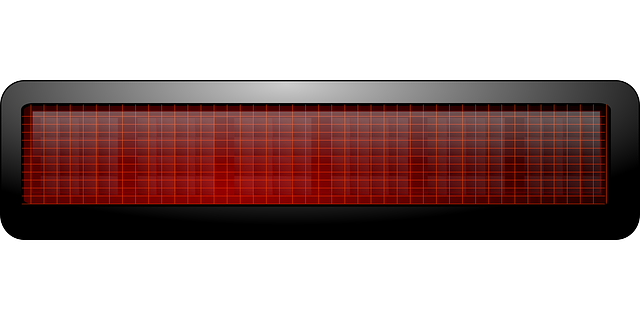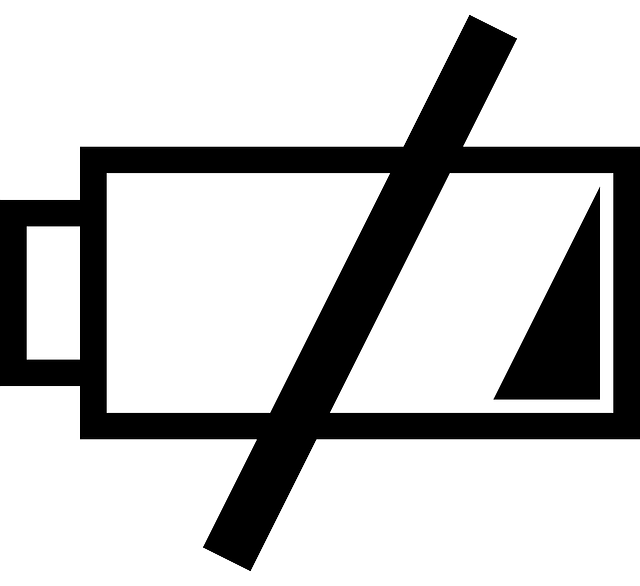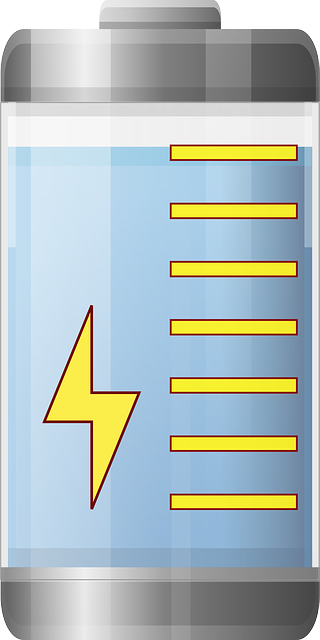Button batteries, commonly found in devices like watches, hearing aids, and remote controls, are highly hazardous due to their alkaline content, which can cause severe injuries if ingested by children or pets. Californian law mandates strict disposal protocols for these batteries, with the Department of Toxic Substances Control (DTSC) issuing guidelines for residents to follow proper recycling or disposal procedures at designated facilities. Manufacturers in California are required to offer take-back programs to ensure responsible disposal. These measures aim to prevent environmental contamination and health hazards associated with button batteries, including accidental ingestion and the risk of fires and pollution.
New York has also classified button batteries as hazardous waste, demanding proper handling at authorized facilities, supported by a network of collection points and initiatives like collection events and mail-back options. The state's Department of Environmental Conservation (DEC) provides clear guidelines for labeling and packaging these batteries to ensure safety.
In Florida, the disposal of button batteries is regulated with an emphasis on their toxicity and the importance of responsible disposal to protect public health and the environment. Consumers are encouraged to use recycling facilities and drop-off sites, or mail-back programs, to dispose of these batteries properly, preventing adverse ecological impacts, particularly the lithium content in button batteries. Compliance with state regulations is crucial for safeguarding against the detrimental effects of improper disposal of button batteries.
navigate the complex landscape of electronic waste management, it’s crucial to grasp the specific regulations governing button battery disposal. This comprehensive guide elucidates state-by-state guidelines, beginning with the hazards these small but potent cells present. From California’s detailed laws and best practices to New York’s structured approach for safe disposal, and Florida’s regulations on handling and recycling, understanding each state’s requirements is essential for responsible battery management. Dive into the intricacies of button battery disposal and ensure compliance with local laws to maintain environmental safety and promote sustainability.
- Understanding Button Battery Hazards: A Safety Overview
- California's Approach to Button Battery Disposal: Laws and Best Practices
- New York's Framework for Safe Button Battery Disposal
- Florida's Regulations on Button Battery Handling and Recycling
Understanding Button Battery Hazards: A Safety Overview
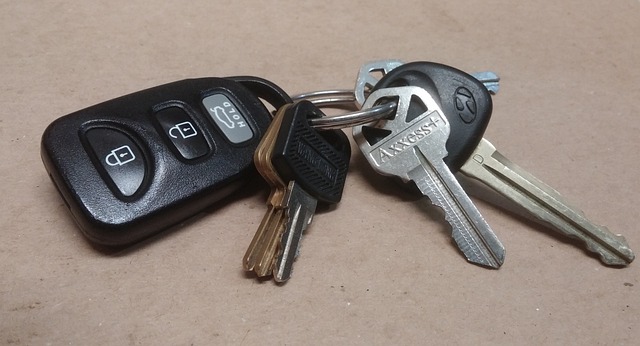
Button batteries, often found in small electronic devices such as watches, hearing aids, and remote controls, pose significant safety hazards when improperly disposed of. These lithium-powered cells can cause severe internal injuries if ingested, including chemical burns to the esophagus or stomach due to their high alkaline content. The risks are heightened as these batteries can be swallowed accidentally, especially by children or pets, leading to critical medical situations that require immediate attention. Proper disposal of button batteries is imperative to prevent such incidents. Safety guidelines recommend removing the battery from devices and ensuring it is disposed of correctly at designated collection points or through specialized recycling programs. Consumers must be vigilant and aware of the potential dangers these seemingly innocuous batteries present. Understanding the risks associated with button batteries and adhering to safe disposal practices is crucial for preventing accidents and protecting individuals from the harmful effects they can cause. Adherence to state-specific regulations on battery disposal is essential, as each state may have its own set of guidelines and disposal sites to ensure these hazards are managed responsibly.
California's Approach to Button Battery Disposal: Laws and Best Practices
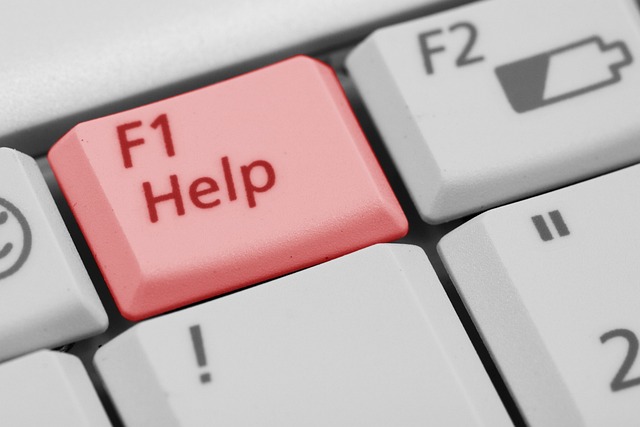
California has established comprehensive guidelines for the disposal of button batteries, which are critical components in various household devices such as remote controls, hearing aids, and watches. The Golden State’s regulatory framework mandates that these batteries, due to their high hazard potential, be managed with the utmost care and disposed of responsibly. California’s Department of Toxic Substances Control (DTSC) provides clear directives for the handling and disposal of button batteries, emphasizing the importance of proper recycling or disposal at designated collection points. The state encourages residents to adhere to best practices by carefully removing batteries from devices before recycling or throwing them away. Additionally, manufacturers are required to provide a take-back program for these batteries, ensuring that consumers have access to safe and environmentally sound disposal methods. By implementing these measures, California aims to prevent the environmental and health risks associated with improper battery disposal, such as poisoning in children and animals, as well as potential fires and pollution. It is crucial for Californians to be aware of these regulations and to take proactive steps in maintaining the integrity of their local ecosystems by correctly managing button batteries.
New York's Framework for Safe Button Battery Disposal
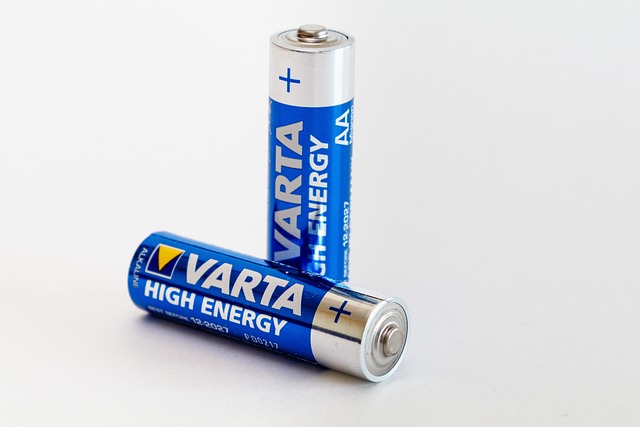
In New York, the disposal of button batteries is subject to a well-defined framework designed to ensure their safe and environmentally sound disposal. This framework includes specific regulations that categorize button batteries as hazardous waste, necessitating proper handling and disposal at authorized facilities. Residents and businesses are instructed to segregate these batteries from regular waste and transport them to designated collection points or hazardous waste disposal facilities. The New York State Department of Environmental Conservation (DEC) provides clear guidelines on the acceptable disposal methods, which help in preventing potential environmental contamination and hazards associated with incorrect disposal. These guidelines emphasize the importance of proper labeling and packaging of button batteries before disposal to maintain the safety of both handlers and the public.
Furthermore, New York’s framework for safe button battery disposal involves a robust collection network, with many manufacturers, retailers, and local governments participating in programs to recycle these batteries. These entities often host collection events or provide mail-back options for used button batteries. The state also encourages the development of recycling facilities where button batteries can be processed for reuse or proper disposal. This comprehensive approach ensures that New York upholds its commitment to sustainability and public safety, making it a leader in the responsible management of this type of electronic waste.
Florida's Regulations on Button Battery Handling and Recycling

Florida maintains specific regulations for the handling and recycling of button batteries, which are critical due to their potential to cause harm if improperly disposed of. These small, coin-like cells are commonly found in household items such as watches, hearing aids, and electronic devices. The state mandates that consumers and manufacturers adhere to strict guidelines for the proper disposal of these batteries. Florida’s Department of Environmental Protection (DEP) provides clear directives on how to responsibly manage button battery waste, emphasizing the importance of recycling programs and proper waste collection facilities. Residents are encouraged to recycle used button batteries at designated collection points or through specialized mail-back programs. These initiatives aim to mitigate environmental risks associated with lithium contained in these batteries, which can pose significant health hazards if they leak into the soil or water sources. By adhering to Florida’s regulations, residents contribute to the protection of natural ecosystems and human health, ensuring that button batteries are disposed of in a manner that aligns with state environmental standards.
When managing the disposal of button batteries, adherence to state-specific regulations is crucial for ensuring environmental safety and preventing potential hazards. This guide has illuminated the varying approaches taken by states like California, New York, and Florida regarding the responsible handling and recycling of these small but powerful cells. Each state offers unique laws and best practices tailored to safeguard communities from the risks associated with improper disposal. For a comprehensive understanding of your local regulations on button battery disposal, it is advisable to consult your state’s environmental agency or relevant waste management authority. By doing so, you contribute significantly to protecting public health and the environment, ensuring that these batteries are disposed of responsibly. Always check your state’s guidelines to ensure compliance with current laws and best practices for button battery disposal.
